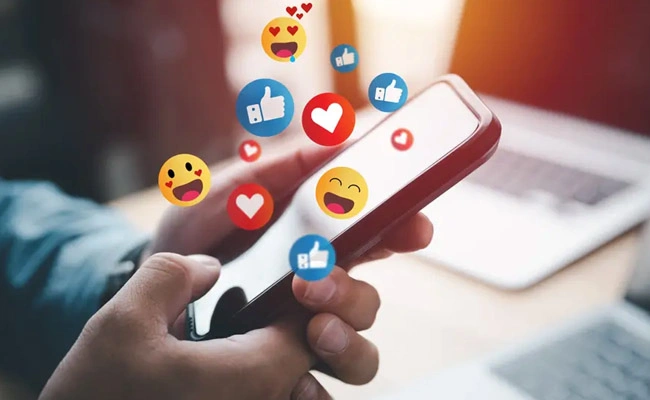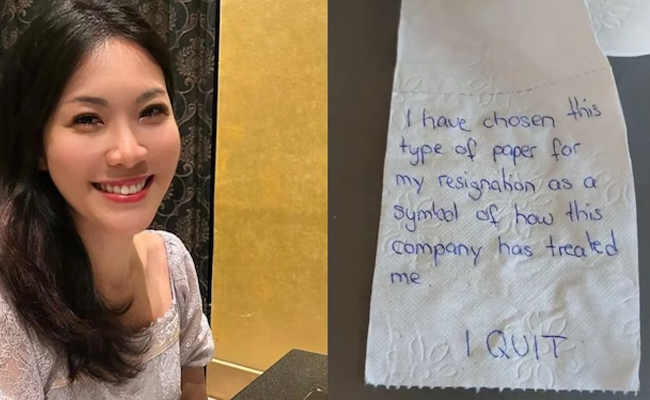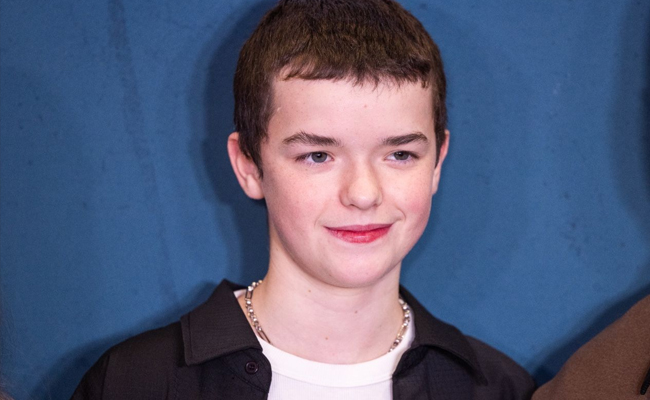In the past decade, social media has become an integral part of daily life. With millions spending at least 5-6 hours a day scrolling through feeds, it has transformed from a communication tool to a space influencing mental health. From professionals to students, rural workers to urbanites—social media usage has become universal. However, its effects on mental health are far from trivial.
How Social Media Affects Mental Health
Insecurity Amplification
Imagine a colleague or relative posting frequent travel photos on social media. Despite being in the same professional or personal circle, their posts might make you feel insecure. Studies reveal that seeing others' seemingly happy and adventurous lives online can lead to self-doubt and insecurity.
Fostering Jealousy
It’s not just travel pictures; glamorized posts about luxurious lifestyles, fancy drinks, or visits to trendy places can spark jealousy. For some, social media becomes a platform to showcase a curated life aimed at invoking envy in their circle. This trend, consciously or subconsciously, deepens emotional gaps between individuals.
Disrupting Sleep
Scrolling through social media before bedtime is a common habit for many. Whether it’s checking the latest posts or watching endless reels, this routine disrupts sleep patterns. Research shows that late-night social media usage can lead to insomnia and other sleep disorders. The blue light from screens further exacerbates the problem, making it harder for people to fall asleep.
Stress and Anxiety
Social media metrics like likes, comments, and shares can trigger stress and anxiety. People often compare the engagement on their posts to others or even to their previous posts, creating unnecessary pressure. A decrease in likes can lead to frustration, while a constant need for validation results in anxiety.
Leading to Depression
The combined impact of jealousy, insecurity, stress, and anxiety can ultimately lead to depression. Studies indicate that excessive social media use increases the risk of depression by up to 45%. Comparing oneself with others or obsessing over online popularity are significant contributors to this.
Understanding the Truth Behind Social Media
Most social media posts are filtered versions of reality. Whether it’s a glamorous photo, an enjoyable trip, or a seemingly perfect life, much of it is staged or selectively curated. Behind the scenes, people face challenges, stress, and imperfections that rarely make it to their feeds.
For those who understand this, social media becomes just another platform rather than a source of emotional distress. A simple realization—that most posts aim to project a specific image rather than reflect reality—can help users approach social media more mindfully.
The Way Forward
Social media, when used moderately and thoughtfully, can remain a powerful tool for connection and communication. However, users must be aware of its potential pitfalls and consciously prioritize their mental health over online validation.















